However, along with that change, a new door is also opening for children here, which is "social networks". For students in ethnic minority areas, social networks are both an opportunity to access knowledge and a risky challenge if there is no guide.

Ms. Nguyen Thi Vinh - President of Women's Union of Truong Son commune, Bac Ninh province
Truong Son commune is home to many ethnic minorities such as Nung, Dao, San Diu, Tay, Hoa, etc., creating a diverse cultural picture. However, limited economic conditions have made access to technology, especially social networks, slow and unoriented.
Ethnic minority students here often first come into contact with Facebook, TikTok, Zalo or YouTube later than their urban peers. Many have not been taught how to filter information and protect themselves, making them susceptible to harmful content and fake news.
Ms. Nguyen Thi Vinh - President of the Women's Union of Truong Son Commune, Bac Ninh Province, worried: "Children are curious and gullible, but lack self-protection skills. Some children do not fully understand the content due to language barriers, but still imitate because they see many 'likes'. There was a 7th grade female student who was tricked into sending private photos by a bad guy without knowing that it was an act of abuse."
According to Ms. Vinh, the biggest barrier is not the lack of information, but the gap between adults and children, between those who know and those who dare not ask. In ethnic minority areas, many parents have little access to technology, so they are reluctant to talk to their children about social networks. Some people take it lightly, thinking that "it's just watching dance clips"; others are extreme, thinking that "going online is bad". Both extremes cause children to lack skills and when problems arise, they choose to stay silent.

Ms. Le Thi Ha - teacher at Vo Tranh Secondary School, Truong Son Commune, Bac Ninh Province
The story of Ms. Le Thi Ha - a teacher at Vo Tranh Secondary School, Truong Son Commune, Bac Ninh Province, Ms. Ha is also the mother of a 9th grade student of the San Diu ethnic group, is a clear example. She recalls that there was a time when her son asked to change his phone password, was quiet and irritable. After investigating, she discovered that her son participated in a violent chat group and was lured into paying for games. "If I forbade him right away, he would hide it. I chose to listen, analyze the risks, and then create a set of safety rules with him," she shared. For Ms. Ha, accompanying is different from controlling: Accompanying starts with listening and understanding, while controlling only stops at imposing.
From his own experience, Truong Minh Huan, a San Diu ethnic, currently studying in class 9A4 - Vo Tranh Secondary School, said: "Social networks are like a double-edged sword. I learned many things, connected with friends, but also saw some friends addicted to the internet, dropped out of school, and were deceived. I was once texted by a stranger after posting a photo. I was scared, blocked him immediately and told my teacher. She told me to only set him as a friend, not to make friends with strangers."
For students in mountainous areas, the difficulty lies not only in network infrastructure, but also in the lack of guidance. "Many students do not have smartphones, and when they start using them, they do not know what is appropriate and what is not. Parents are not familiar with technology, so they cannot guide them. I hope there will be more propaganda sessions in ethnic languages, with illustrative images and videos ," Huan shared.
According to Ms. Vinh, parents do not need to be technology experts, but they must know what their children are using, what they like to watch, and what difficulties they are having. Don't ask "Did you do anything bad?" but ask "What did you see today that was fun?". Gentle questions will help children trust and share. Parents should also agree with their children about the time and content they should watch, and recognize warning signs such as strange messages, requests to send photos, etc. Closeness, understanding, and initiative are the best barriers to protect children."
Based on that reality, the Women's Union of Truong Son commune has coordinated with schools to organize extracurricular activities with the topics "Safe Internet Surfing", "Say No to Cyber Violence"...; propagate through village activities, arts, sports; use illustrations, short videos, real stories; set up Zalo groups for parents to share skills and warn. The Women's Union of the commune also connects families - schools - authorities when incidents occur. "If we want children to be safe, we must start with the understanding of adults", Ms. Vinh emphasized.
The stories in Truong Son, Bac Ninh province, show that to educate students, especially ethnic minority students, to use social networks safely, we cannot rely on technology or one side alone. It must be a joint effort between families, schools, mass organizations and the whole community, those who are willing to accompany, instead of standing on the sidelines, to help students enter cyberspace firmly and soberly.
Source: https://phunuvietnam.vn/hoc-sinh-vung-cao-luot-mang-ai-se-la-nguoi-dong-hanh-20250810210810351.htm


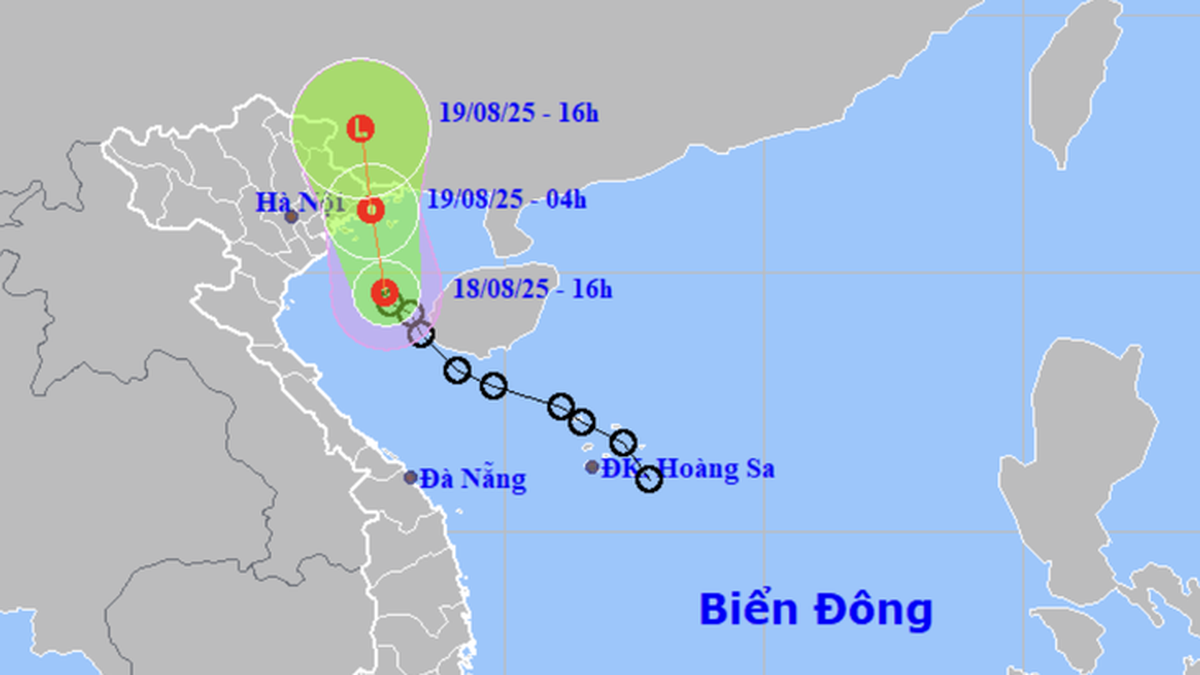



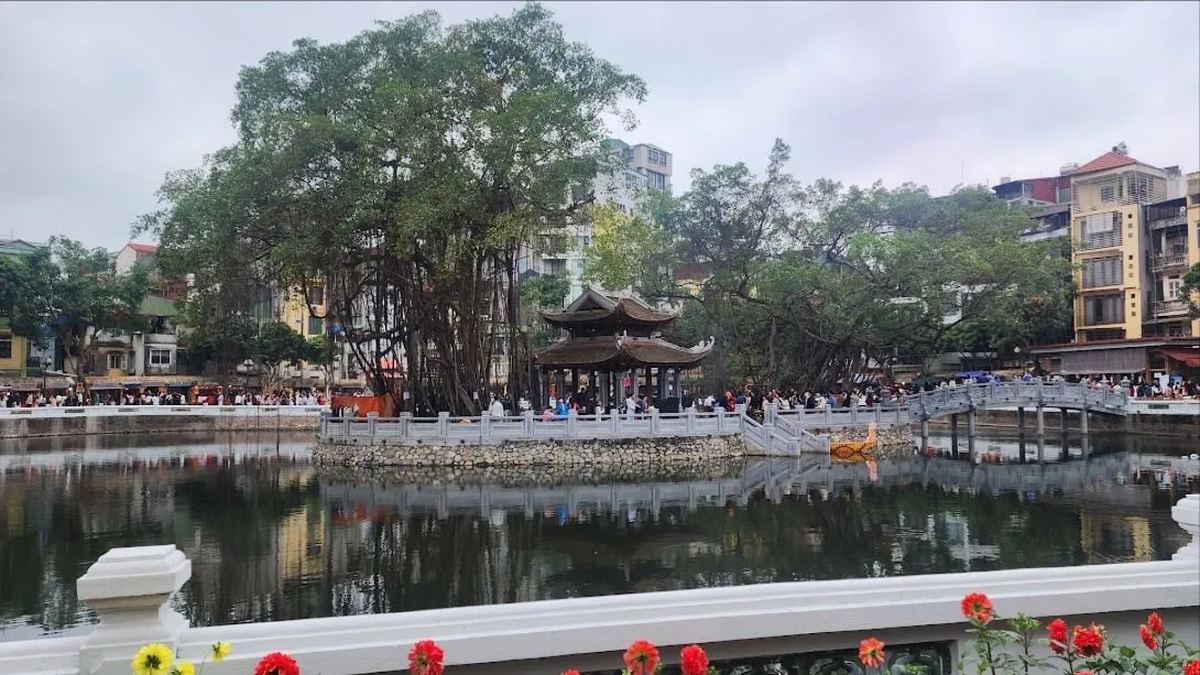
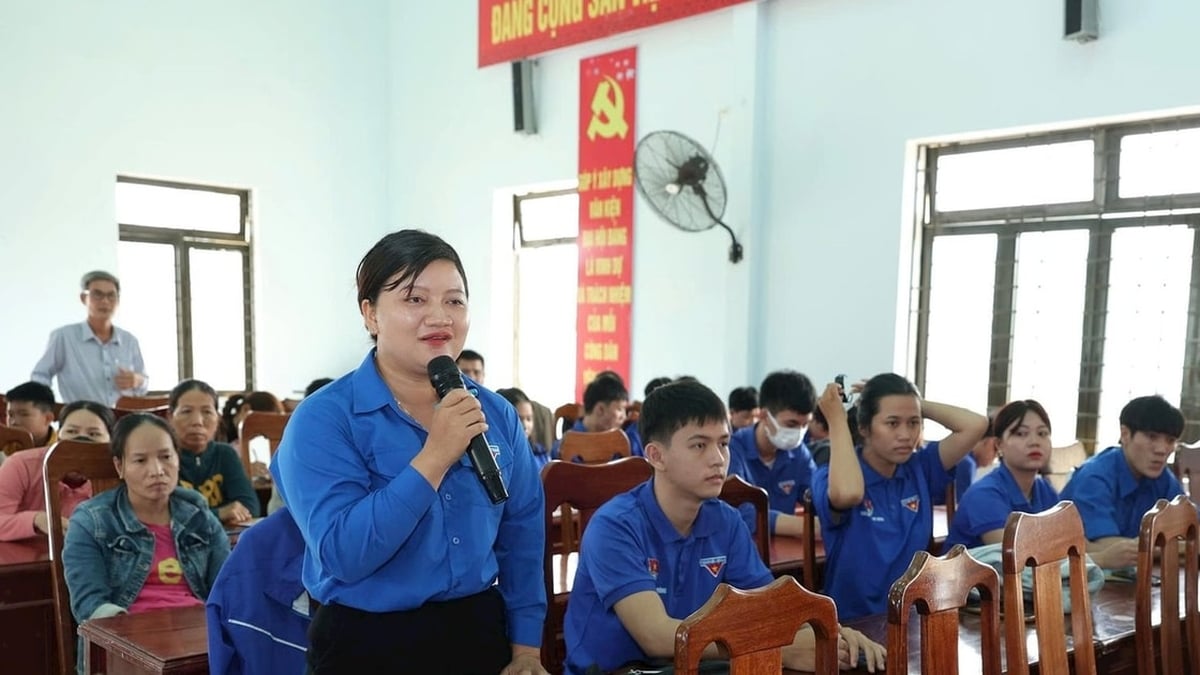

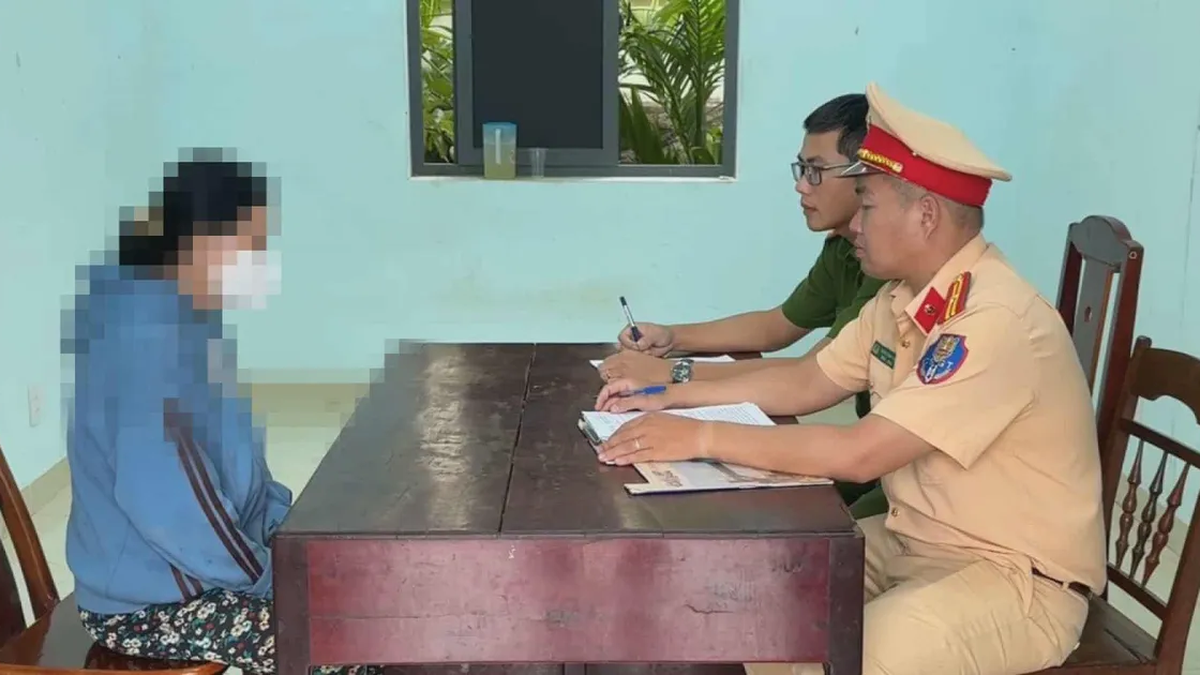
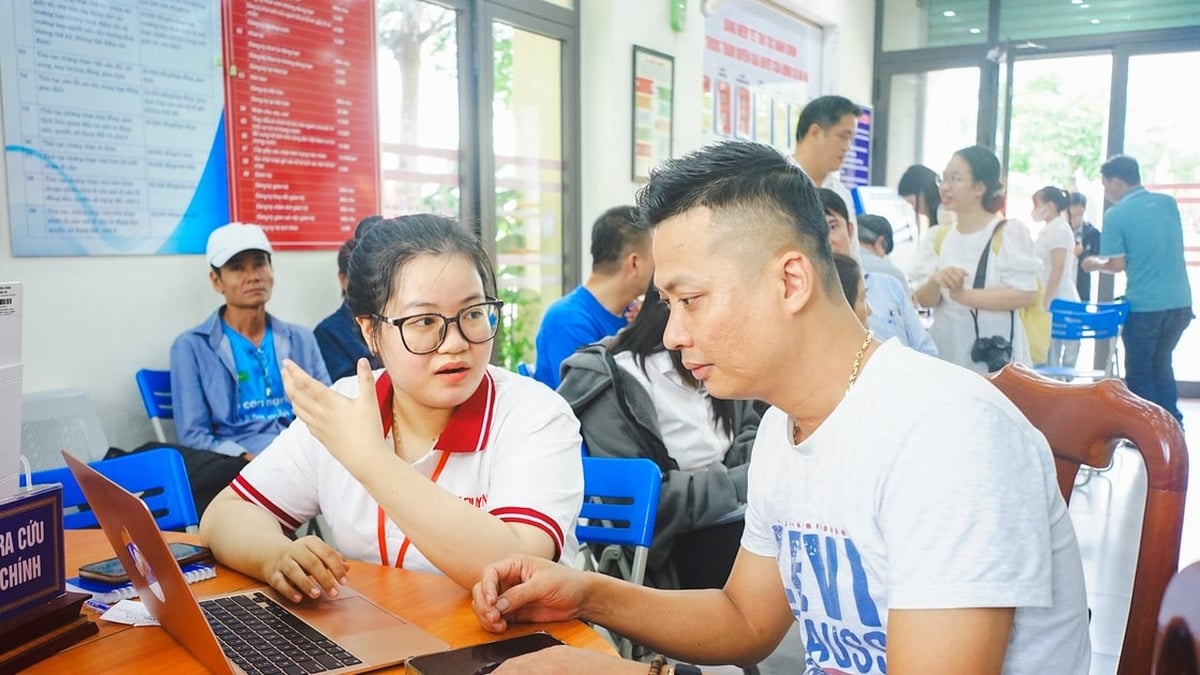
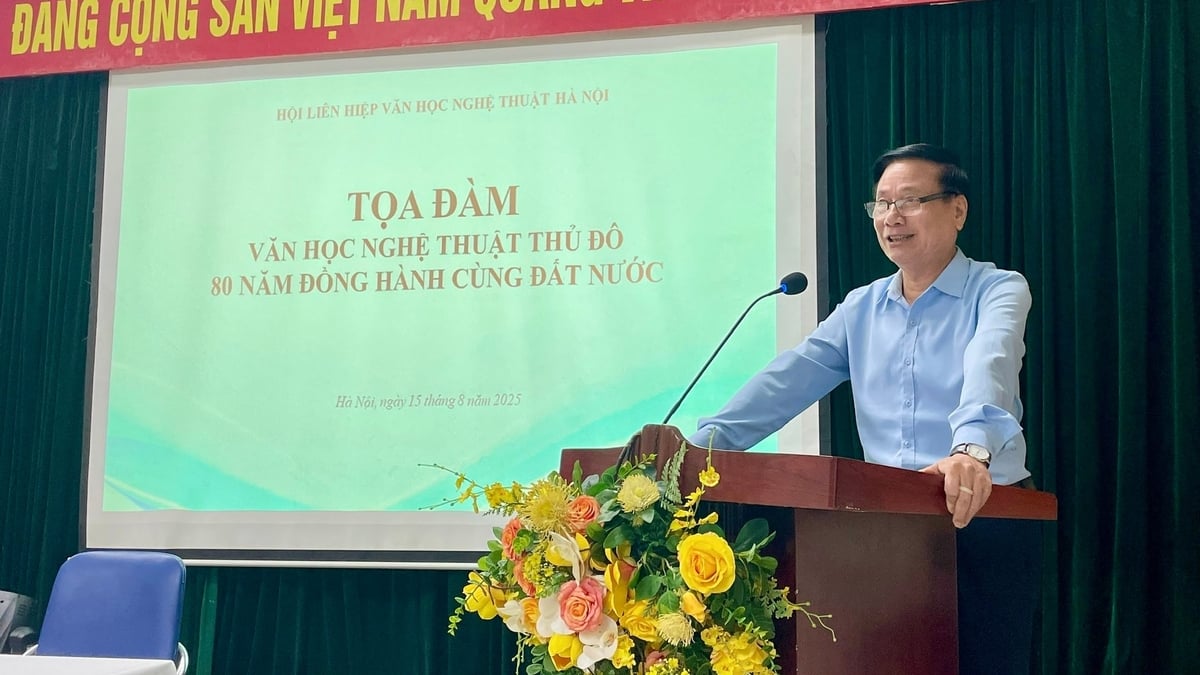






























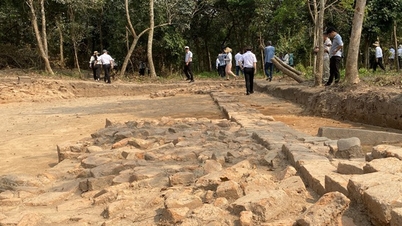



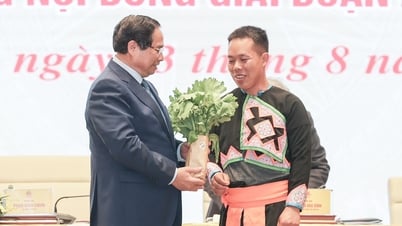

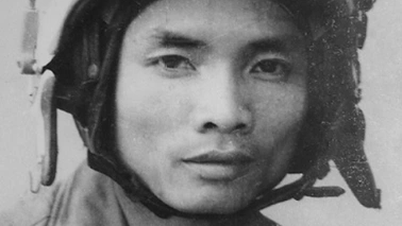



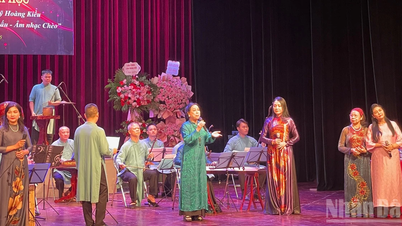



















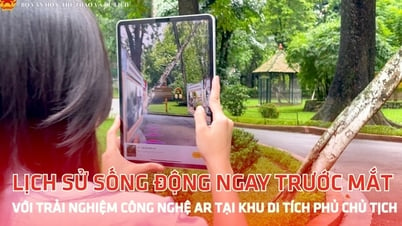

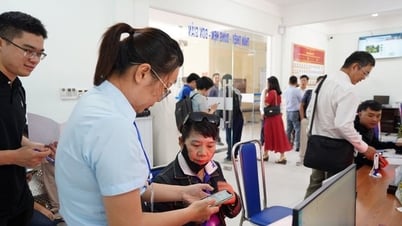











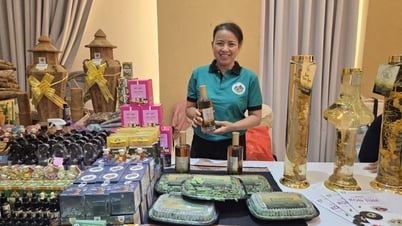




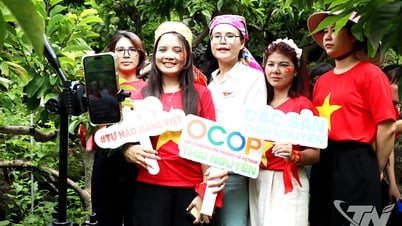









Comment (0)